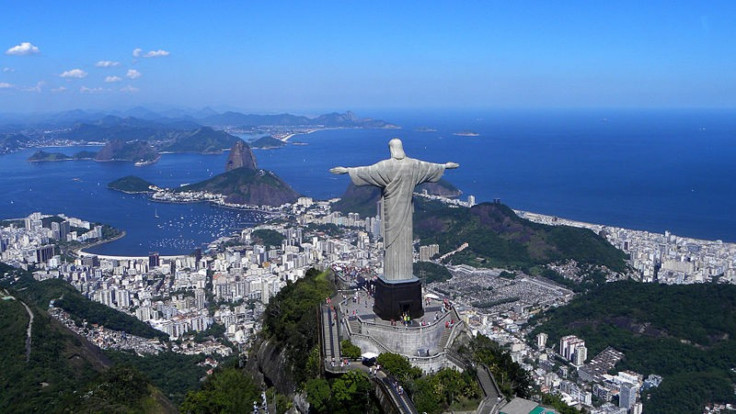UN's Earth Summit Sputters As Top World Leaders Back Out

Rio+20, the U.N. Conference on Sustainable Development set for Rio de Janeiro next month, has been hailed as a major opportunity for world leaders to address climate change, but its importance threatens to be diminished as key players opt out.
With less than six weeks left until the June 20-22 conference, U.S. President Barack Obama has not yet indicated whether he will attend, while U.K. Prime Minister David Cameron and German Chancellor Angela Merkel have both canceled -- along with the entire European Parliament delegation.
The conference aims to bring together the world's major developed and developing economies to build a framework for transitioning toward environmentally sustainable growth.
While delegations from most countries are expected to attend both the conference and its related meetings, the presence of heads of state and other top government officials will be crucial for raising the profile of the event.
French President-elect Francois Hollande and Russian President Vladimir Putin both will be attending, the Brazilian government announced Thursday, the Associated Press reported.
Among others things, the gathering will mark the 20th anniversary of the 1992 U.N. Conference on Environment and Development in Rio and the 10th anniversary of the 2002 World Summit on Sustainable Development in Johannesburg. The former event has been credited with drawing international attention to climate change.
In the 20 years since the last conference in Rio, however, addressing climate change has become a divisive issue, particularly for developing economies, which feel that agreeing to more sustainable policies would hamper economic growth.
The U.N. has struggled to achieve consensus on a document that outlines the key aims of the conference, with the latest draft that was produced in negotiations on May 5 being criticized as rambling and incoherent.
This meeting should be delivering transformational change, said Daniel Mittler, a political director at Greenpeace who will lead the environmental group's 11-person delegation at the conference, AP reported. What is on the table is business as usual -- completely inadequate goals and a total lack of urgency.
© Copyright IBTimes 2024. All rights reserved.





















